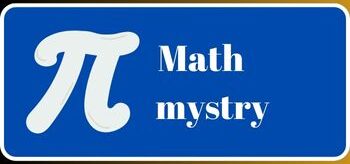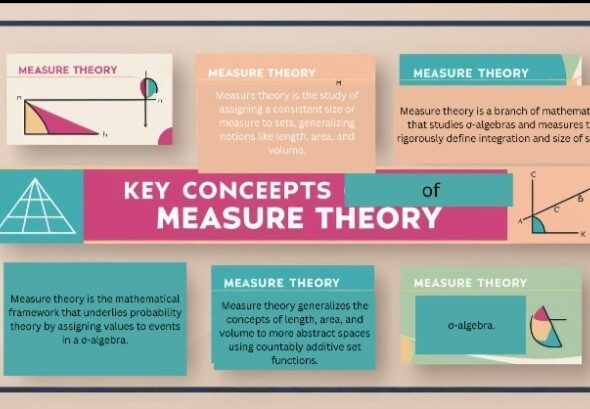Currently Empty: $0.00
- Description
- Curriculum
- Reviews
Vector and tensor analysis is a mathematical framework that focuses on the study of vectors and tensors, which are essential elements in various scientific and engineering fields. Vectors are quantities defined by both magnitude and direction, often used to represent physical concepts such as force and velocity. Tensors, on the other hand, generalize vectors to higher dimensions, enabling the representation of more complex relationships between quantities. This makes them crucial in areas like continuum mechanics, electromagnetism, and general relativity.
The analysis encompasses operations like differentiation and integration of vector and tensor fields, allowing for the examination of their properties and behaviors in multi-dimensional spaces. By providing tools for modeling and solving problems in physics, engineering, and computer science, vector and tensor analysis is key to understanding and describing the physical world.
In a course or study of vector and tensor analysis, you can expect to learn the following essential concepts
- Vectors and Scalars: Grasping the definitions, properties, and operations involving vectors and scalars, including addition, subtraction, and scalar multiplication.
- Vector Spaces: Exploring the structure of vector spaces, focusing on concepts such as basis, dimension, and linear independence.
- Dot and Cross Products: Understanding the dot product and cross product of vectors, their geometric interpretations, and various applications.
- Tensors: Gaining insight into the definition and properties of tensors, along with operations like addition, multiplication, and contraction.
- Differentiation of Vector and Tensor Fields: Learning how to differentiate vector and tensor fields, including key concepts like gradient, divergence, and curl.
- Integration of Vector and Tensor Fields: Studying the integration of vector and tensor fields over curves and surfaces, including the applications of Green’s, Stokes’, and Gauss’ theorems.
- Applications in Physics and Engineering: Exploring the practical uses of vector and tensor analysis in fields such as mechanics, electromagnetism, fluid dynamics, and general relativity.
- Coordinate Transformations: Understanding how to perform transformations between various coordinate systems, including Cartesian, polar, and spherical coordinates.
By the end of your studies, you will have a strong foundation in vector and tensor analysis, preparing you to address complex problems and apply these concepts in a range of scientific and engineering disciplines.
The intended audience for a course or resource on vector and tensor analysis typically includes:
Students: Undergraduate and graduate learners in mathematics, physics, engineering, and related disciplines seeking to enhance their understanding of these concepts.
Researchers: Academics and researchers in scientific fields who require a solid foundation in vector and tensor analysis for their work and applications.
Professionals: Individuals in engineering, computer science, data science, and physics who utilize vector and tensor analysis in their projects and problem-solving efforts.
Educators: Teachers and instructors looking to deepen their knowledge of vector and tensor analysis to effectively teach their students.
Lifelong Learners: Anyone interested in mathematics and science who wants to explore vector and tensor analysis for personal growth or career development.
-
1lecture1
This lesson will cover:
Vector Analysis
-
2Lecture2
This lesson will cover :
Magnitude of The Vector
-
3Lecture 3
This Lesson Will Cover :
Scaler Product
-
4Lecture 4
This lesson will cover:
Vector product
-
5Lecture 5
This lesson will cover:
Gradiant of Scalar Function
Laplace Function
Divergenc Theorem
-
6Lecture 6
Today we will cover:
Resuts
-
7Lecture7
This Lesson Will cover:
Orthogonal System
Arc Length
Arc Element
Volume Element
Jacobian in Orthogonal
Anova
Types of Anova
Ancova
Covariate
Manova
Please, login to leave a review



